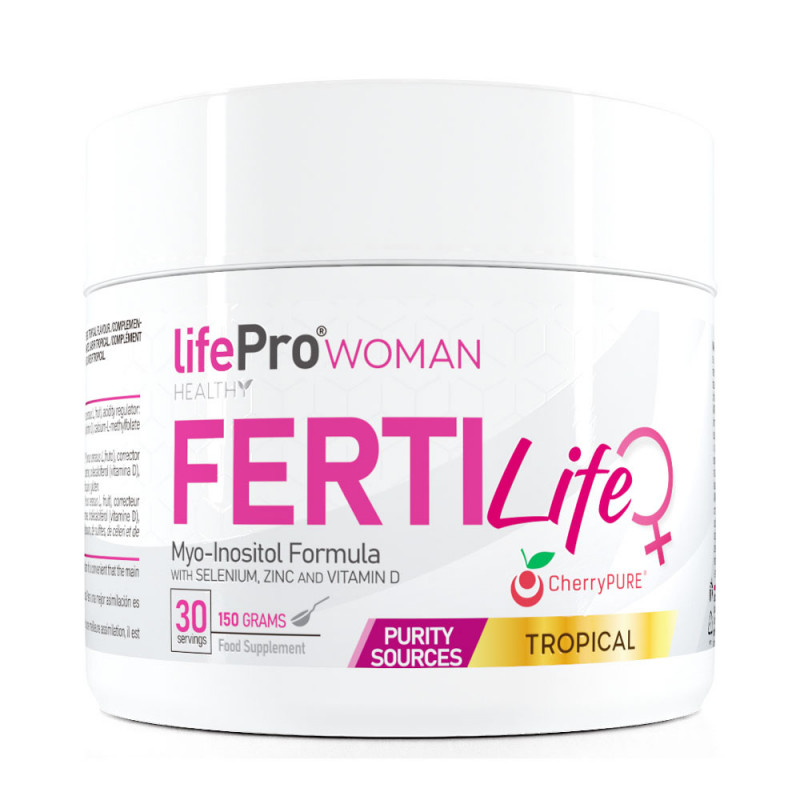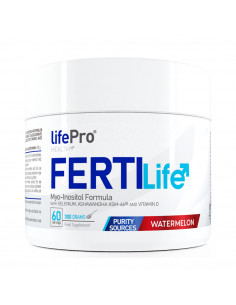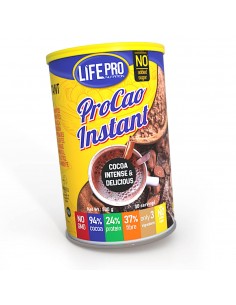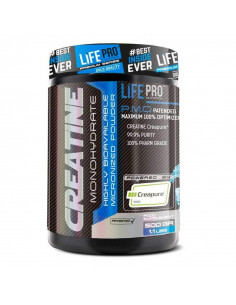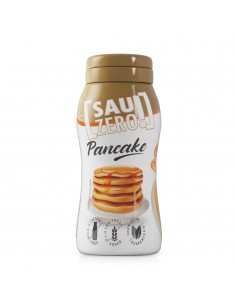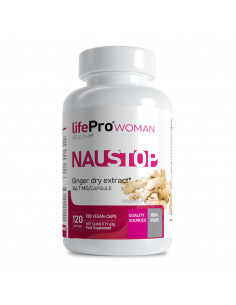Fertilife is a supplement formulated with inositol, Tart Cherry, zinc, selenium and vitamin D to treat the main causes of infertility in women.
You may also like
What is Fertilife Women?
Fertilife Women is a supplement aimed at improving fertility and preventing certain problems that can occur during pregnancy, such as gestational diabetes or neural tube disorders.
It is currently known that certain factors such as polycystic ovary syndrome, endometriosis, hypothyroidism or obesity can significantly affect the ovulation process, reducing the likelihood of success in the search for pregnancy.
Fertilife is a supplement formulated with inositol, Tart Cherry, zinc, selenium and vitamin D. This formula has been designed to treat the main causes of infertility in women, obtaining a synergistic effect between its different compounds.
Fertilife has been designed in 2 different flavours: Tropical and watermelon.
What are the components of Fertilife Women?
Inositol :
Inositol is one of the most widely used compounds in clinical practice as it helps to regulate cycles in women with polycystic ovary syndrome, one of the main causes of infertility in women, in an effective way.
Inositol also has other properties that can help women who do not suffer from this problem.
Studies have shown that supplementation with 4 grams of myo inositol can help reduce the risk of gestational diabetes. Gestational diabetes is one of the most common problems that occur during pregnancy and can affect the health of the mother as well as the development of the foetus.
Tart cherry:
Tart cherry extract is characterised by its high antioxidant power due to its high flavonoid and anthocyanin content. The intake of antioxidants helps to reduce the negative impact of ROS at the follicular level, improving a woman's ovarian health.
A common symptom in cases of infertility is the high presence of reactive oxygen species (ROS) or "free radicals" accompanied by low levels of antioxidants. Factors such as stress, sedentary lifestyles or low-grade inflammation are the most common causes of this phenomenon.
Zinc:
According to data published in the ENIDE study (Nutritional Evaluation of the Spanish Diet) approximately 80% do not consume an adequate amount of zinc due to a lack of vegetables in the diet.
Zinc is one of the most abundant minerals in our body. Zinc plays a fundamental role in a woman's fertility. In the case of women with fertility problems, lower levels of zinc have been observed. This mineral cannot be stored, and its intake through the diet is essential. Zinc supplementation may therefore be of interest in certain contexts related to women's health.
Selenium:
Selenium is a micronutrient related to the formation of thyroid hormones and its role as an antioxidant. It has been observed that women who have undergone unsuccessful in vitro fertilisation (IVF) have lower levels of selenium in follicular fluid.
Similar to the intake of Tart cherry, selenium supplementation will help the body to reduce the negative impact of reactive oxygen species. As a result, it will help reduce ageing and cell damage in the body.
Vitamin D:
Vitamin D is a fat-soluble vitamin obtained mainly through exposure to the sun. Vitamin D has been shown to be of interest in women with PCOS, as it can be effective in the treatment of insulin resistance.
In the case of fertility, one of the main reasons is overweight or obesity. Vitamin D is sequestered by body fat, and as a consequence, women with fertility problems have been shown to have low vitamin D levels.
The combination of vitamin D and inositol has shown very good results in promoting ovulation, menstrual regulation, and as a result, an improved pregnancy success rate.
The benefits of Fertilife Women:
- Helps reverse the deterioration caused by the high presence of reactive oxygen species (ROS).
- May decrease the risk of gestational diabetes and preeclampsia.
- Helps regulate the menstrual cycle in PCOS.
- Improves female fertility.
- May improve ovarian quality, as well as the success rate of in vitro fertilisation.
- Helps reduce low-grade inflammation.
How to take Fertilife Women?
It is recommended to consume 5g of Fertilife Women throughout the day, preferably with a high-fat meal.
Consumption of this product should be on a daily basis from the time of seeking pregnancy until the time of delivery.
What is the difference between Ovapro and Fertilife?
The Ovapro formulation is aimed at the treatment of PCOS and hypothyroidism (indirectly improving fertility). The Fertilife formulation is focused on the treatment of infertility and pregnancy.
Contents
Revisado por
Hola! Ha llegado sin cazo. Cómo mido la cantidad exacta? ?
¡hola Elena!
Lo más seguro es que el cacito se haya quedado por la parte de abajo del producto y esté cubierto por éste, puedes volcarlo a ver si es el caso. Por otro lado, puedes medirlo con una cucharilla pequeña de postre, dos de ellas rasantes equivalen a la toma de 10 gramos aprox.
Gracias, quedo a tu disposición,
un saludo.
Buenas tardes! Tengo síndrome de ovario poliquistico y en unos meses quiero empezar a buscar el embarazo... que me recomendáis empezar con Ova pro y más tarde pasar a fertilife??? Gracias un saludo
Buenos días Ner,
Sí tienes SOP el Ovapro es el suplemento más recomendable para mejorar el perfil hormonal y con ello, minimizar el impacto negativo que tiene esta enfermedad sobre la fertilidad, en principio con eso sería suficiente. Con el tiempo, si ves que lo necesitas, puedes valorar la opción de incluir alguna otra cosa o cambiar de suplementación, te recomiendo que lo consultes con tu médico especialista.
Gracias a tí, saludos!
Buenas Con AH tratando ya alimentacion con nutri. Mejor este o Ovapro? Gracias
Buenas tardes Gemma,
Para tratar la Amenorrea Hipotalámica, como comentas lo principal es asegurar un adecuado aporte energético y tener acompañamiento profesional. Depende del origen del problema, el Ovapro es especialmente útil en casos de síndrome de ovario poliquístico e hipotiroidismo, consulta con tu médico especialista que te podrá asesorar mejor en función de tu perfil hormonal, pero ambos tienen una composición similar.
Un saludo!
Hola! Quería saber si es compatible con el iodocefol, ya que he visto que contiene también folato. Gracias!
Buenos días Alba,
Tendrás que consultar con tu médico para asegurarte de que la cantidad de ácido fólico no supera la dosis máxima recomendada, este suplemento aporta 400 μg por ración, en función de lo que aporte el medicamento yodocefol mira si puedes combinarlos (el límite está en 1000 μg)
Un saludo!
Es apto para celíacos?
¡Hola Cristina!
En principio no habría problema en que lo consumiera una persona celiaca, ya que entre sus ingredientes no se encuentra el gluten. Advertimos de posibles trazas resultantes de la contaminación cruzada, lo que sería poco probable, ya que elabora en instalaciones donde se procesan otros productos que si lo contienen, aunque todos los alérgenos se almacenan por separado y tenemos un plan de limpieza y desinfección en cada línea de fabricación.
Saludos :)


